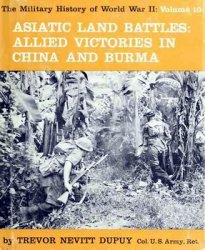The nation's industry also moved toward greater concentration. For one
thing, the Department of Justice limited the activity of its Anti-Trust
Division during the wartime years. Bernard Baruch and the War Industries
Board encouraged cooperation among individual companies operating in a
single industry, and the government favored large enterprises over small
ones in granting war contracts. While the owners of industry prospered
during the war, many workers also did well. The eight-hour work day was
now becoming the norm throughout the country. In industries where unions
were powerful, such as coal mining, wages rose as much as 20 percent over
the levelof 1914.
Unlike World War II, in which American industry produced mountains
of war materiel for itself and its allies, the mobilization of the economy in
World War 1 brought disappointing results. Matching industrial production
to the needs of the military brought frustrating bottlenecks in a country in
which government and private industi;y were unaccustomed to working
together. For example, a massive program to build merchant ships, employing
almost 400,000 workmen, produced few vessels before the Armistice.
American military men had to rely on supplies of French artillery pieces
and airplanes to wage the war. Had the war lasted another year, however,
the power of American industry would have been visible in a flood of
military equipment. Still, the war did bring to Washington a small army of
businessmen, who learned to work with the military in matters of purchasing
and supply. Business and military officers discovered a common language
of scientific management and the benefits of cooperation. In a sense, then,
the foundation of America's "military-industrial complex" was laid in
World War I rather than in World War II.




 World History
World History









